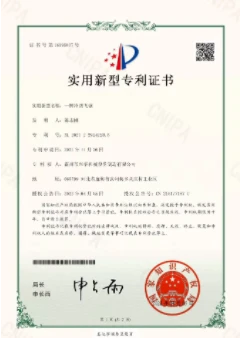The operation of a flexible pipe making machine typically involves several key processes, including material feeding, heating, extrusion, cooling, and finishing. Initially, raw materials such as resin pellets or granules are fed into a hopper, where they are gradually melted through controlled heating.

As the material is processed, it passes through various stages such as reduction, flatness correction, and trimming. Reduction refers to the initial rolling process where the thickness is significantly decreased. Flatness correction ensures that the metal strip has a uniform flat profile, while trimming involves cutting the edges to remove any irregularities developed during previous stages. Advanced control systems are employed during these processes to monitor and adjust parameters dynamically, ensuring that the final product meets stringent specifications.
